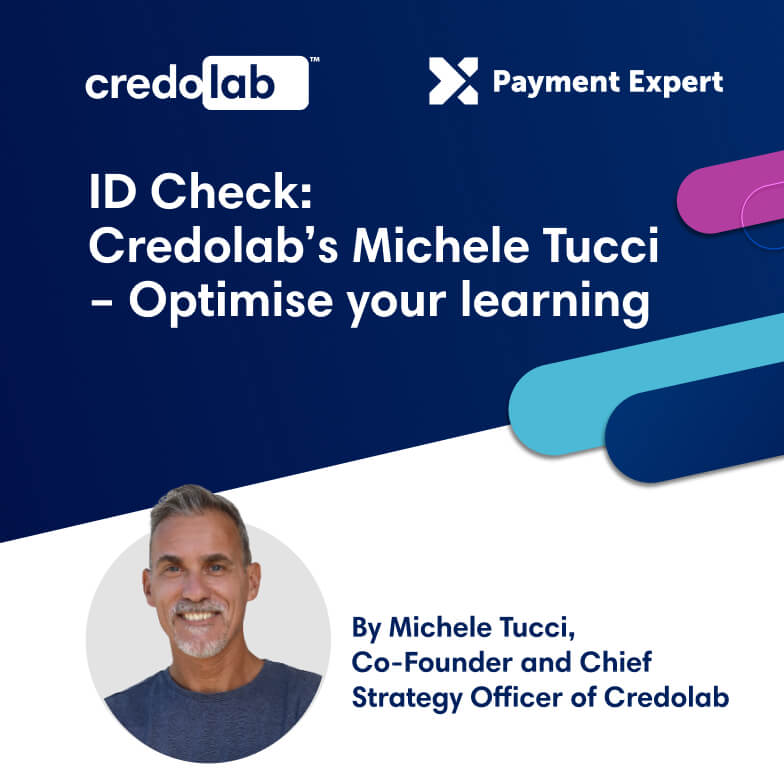News
Feb 3, 2020
CredoLab Driving Financial Inclusion in Asia & South Africa
Subscribe to our newsletter
Increasing internet penetration and digitisation have opened doors to global markets and services for us, the people in developing economies. From ordering groceries online to purchasing advanced technological devices from international websites, now we have access to numerous e-commerce portals and innovative payment methods. While these are all positive signs for the economy of any developing country, they do not necessarily translate into a larger population being financially included, which is a crucial factor for long-term economic growth and stability. There is still a huge unbanked population seeking financial inclusion in several regions across Asia and South Africa. For instance, the e-commerce sector is booming in the South East Asian region, but as many as 658 million people do not yet own a bank account. Similarly, according to the Finscope South Africa survey, 23% of the total population of the country is unbanked.
This presents a huge opportunity for fintechs to take banking and financial services to the underserved and un-served population in developing economies. Alternative credit scoring company CredoLab is one of the major players in these markets, helping financial institutions and other lenders achieve financial inclusion across Asia and South Africa. This Singapore-based fintech firm is enabling banks and other lenders generate digital scorecards using smartphone metadata. The firm applies its advanced AI technology to leverage smartphone data to enable lenders to credit score individuals faster and in a more secure manner, something that traditional banking methods are unable to achieve. CredoLab has successfully developed scorecards for over USD one billion in loans issued by more than 51 lenders across 15 countries.
Improving credit management to reach the underserved/unserved
A major chunk of the population remains invisible to traditional banks because of the lack of data for risk assessment. Tradition credit scoring has become inadequate in managing and converting thick files into thin files which can be assessed to assign credit scores. CredoLab is working on solving the issue of lack of instruments available for assessment of credit worthiness of individuals. The firm entered into a collaboration with two established banks and an airtime credit provider in South Africa last year. CredoLab’s AI-based credit scoring solution also comes at a critical point in the region’s efforts towards financial inclusion.
The African Development Bank has recently launched the Africa Digital Financial Inclusion Facility (ADFI) to address the financial needs of approximately 76% of the Sub-Saharan African population that remains underserved and excluded from the traditional banking sector. CredoLab has also joined hands with iovation, a TransUnion company specialising in device-based fraud detection and authentication solutions to fight credit fraud and misuse of data in Southeast Asia, which is another major roadblock in the way of increasing financial inclusion.
Harnessing AI and predictive analytics to leverage alternative data
CredoLab collects over 50,000 data points from a customer’s smart phone using its advanced propriety mobile technology and converts them into more than 500 thousand behavioural features. The firm ensures that the collection process is always consensual and permitted. The collected data is made anonymous, securely stored within the country, and never shared with any third parties. The power of behaviourial data is used to assign prediction-based valid credit scores to customers.
Due to micro credit assessments made possible, CredoLab’s clients have seen positive results including 20% higher new-to-bank customer approvals, 15% reduction in non-performing loans, and a 22% dip in fraud rate.
Towards a more financially inclusive future
With smartphone penetration steadily increasing in Southeast Asia and predicted to double by 2025 in sub-Saharan Africa, metadata-based credit scoring is on its way to well supplement if not replace traditional credit scoring methods. Also, with its strategic alliances and ample government support, CredoLab aims to enable millennials, new graduates, self-employed and other customers with thin credit history access credit with easy approvals on fair terms, even in the absence of credit history with traditional banks. All in all, a great news for tech-savvy customers looking for quick and easy financial services.


.jpg)

